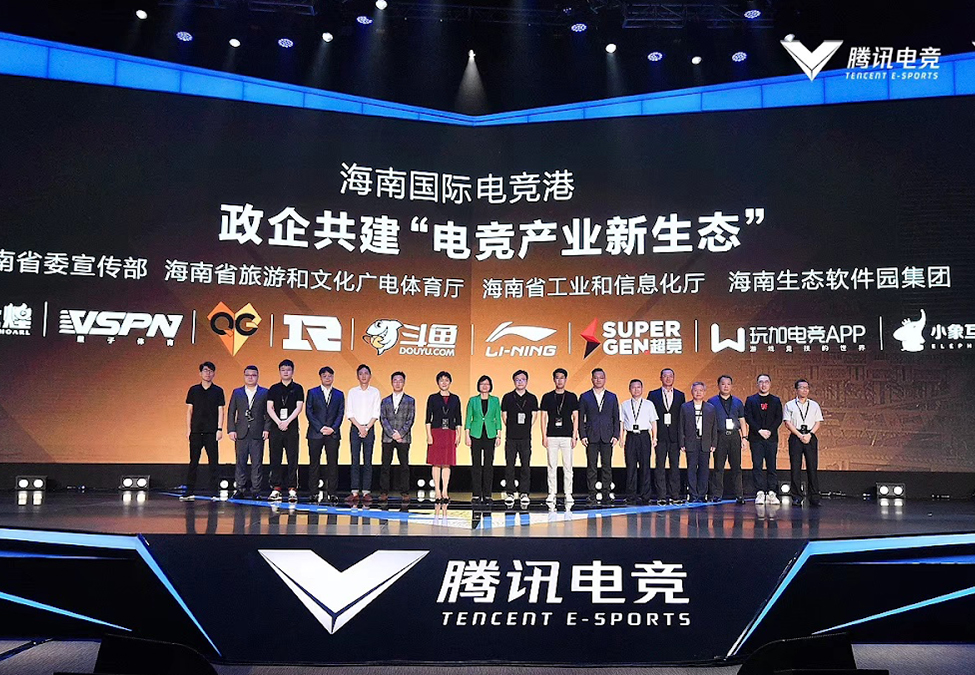In June, Tencent announced a number of partnerships and new strategic plans at its annual esports conference in Chinese province Hainan.
A number of international organisations and well known companies attended the conference, including Asian Electronic Sports Federation (AESF), Paris Saint-Germain F.C., Fnatic, TJ Sports, and Banana Culture.

At the conference, Tencent detailed development plans on four hot topics: esports cities, the esports ecosystem, esports talent, and technology in the esports industry. As per the announcements that were made, Tencent will collaborate with the government of Hainan to establish an international esports port for developing the Hainan free trade zone.
Tencent will partner with Chinese organisations to standardize regulations in the esports industry and establish national esports leagues, and has signed with several educational organisations to reward esports scholarships for talent and provide retired esports players with higher education opportunities.
Besides revealing its developmental plans, Tencent also gave insight into the development of its esports titles. For League of Legends, Tencent reviewed the achievements of Chinese LoL teams. Currently, the LoL Pro League (LPL), is the top level of competition in the company and found its home and away format to be successful.
A number of non-endemic companies – the likes of KFC, Mercedes-Benz and Nike – have signed sponsorships with LPL in recent times, and Asia’s largest esports broadcast centre has been launched for the LPL. After reviewing the achievements in recent years, Tencent also announced it will open one or two more slots for the LPL in 2020.
For Honor of Kings, one of the most popular mobile games in China, Tencent revealed future plans for the mobile esports title, including that it will host the Honor of Kings World Champion Cup this August.
The Chinese conglomerate has also joined forces with Manchester City F.C. to achieve cultural exchanges across borders.
Esports Insider says: There’s no doubt that Tencent has helped to promote the development of the esports industry in China to some extent. It’s apparent that Tencent is attempting to accelerate the expansion of the domestic esports economy and wants to establish its own esports empire in China.
[maxbutton id=”8″ ]
